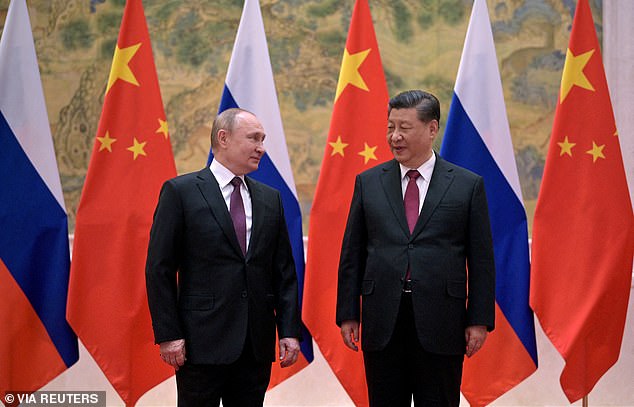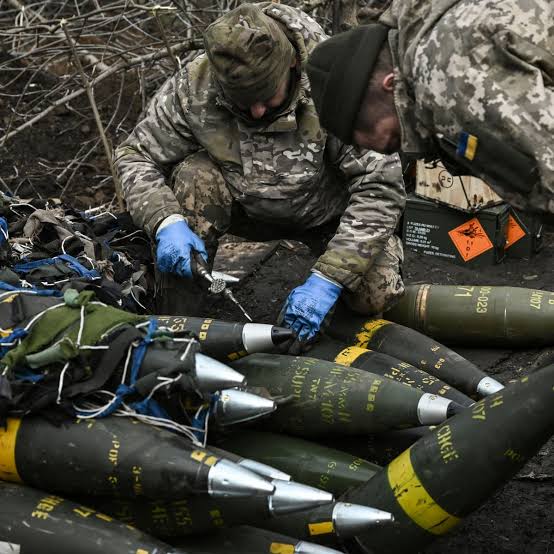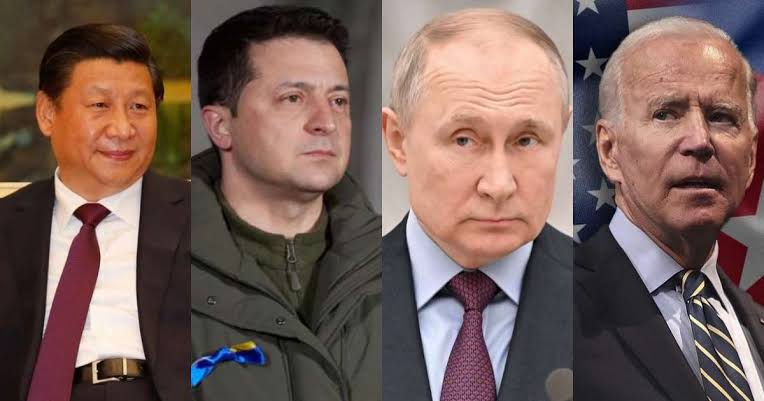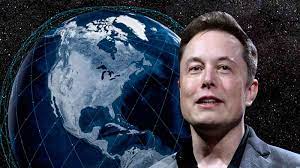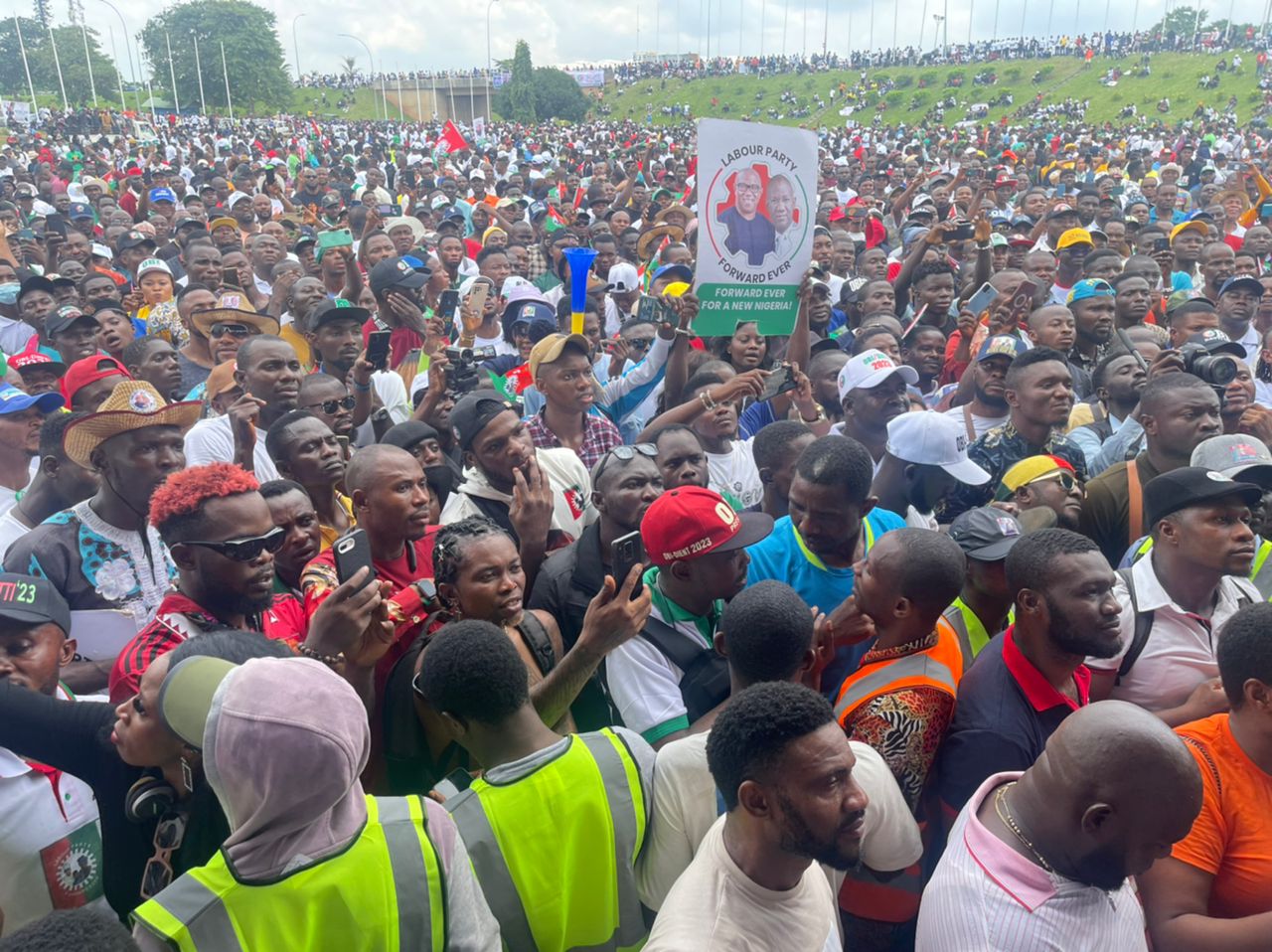News
China vs Taiwan: Taiwan’s President for the first time confirms the presence of US troops on the island
Taiwan’s President for the first time in the Island’s history has confirmed the presence of US military troops on the island.
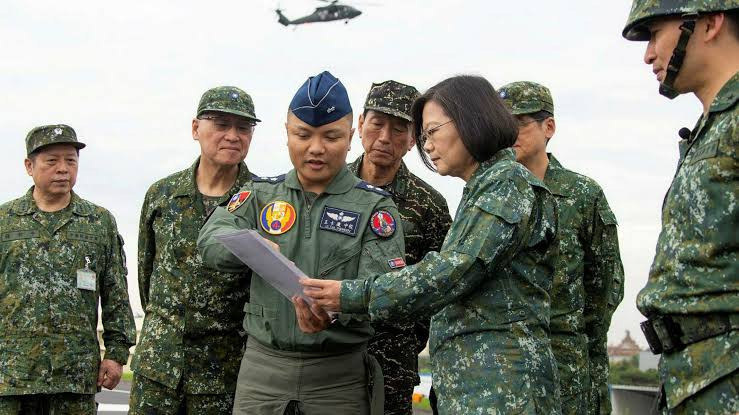
President Tsai Ing-wen says the threat from Beijing is growing “every day,” adding that Taiwan, which is located fewer than 200 kilometers (124 miles) away from China’s southeastern coast, was a “beacon” of democracy that needed to be defended to uphold faith worldwide in democratic values.
Taiwan and mainland China have been separately governed since the Nationalists retreated to Taiwan at the end of the Chinese civil war more than 70 years ago. Taiwan is now a democracy but the mainland’s ruling Chinese Communist Party (CCP) continues to view the island as an inseparable part of its territory — despite having never controlled it.
Earlier this month, China’s military sent a record number of warplanes into the air around Taiwan while diplomats and state-run media warned of a possible invasion unless the island toes the CCP line.
Chinese president, Xi Jinping has vowed to reunite the island with mainland China with force if necessary.
Speaking with CNN in an exclusive interview, President Tsai Ing-wen said;
“Here is this island of 23 million people trying hard every day to protect ourselves and protect our democracy and making sure that our people have the kind of freedom they deserve,” she said.
“If we fail, then that means people that believe in these values would doubt whether these are values that they (should) be fighting for.”
Tsai became the first Taiwan President in decades to acknowledge the presence of US troops on the island for training purposes. The last official US garrison left in 1979, the year Washington switched formal diplomatic recognition from Taipei to Beijing. China has in the past said the deployment of US troops in Taiwan will be regarded as a ‘red line’ that will prompt military action.
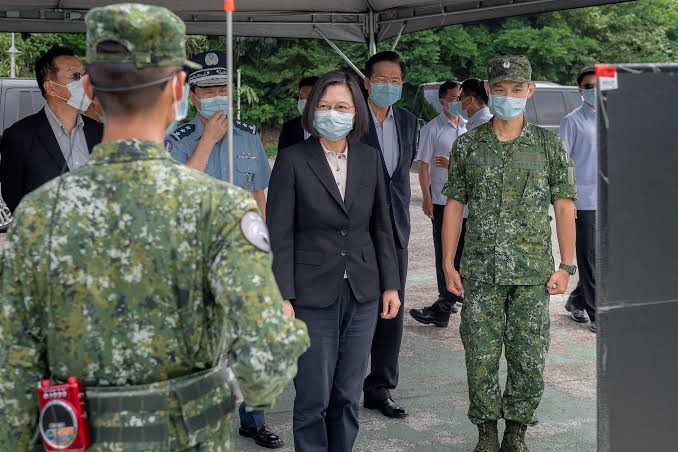
Tsai wouldn’t say exactly how many US military personnel are on the island at present but said it was “not as many as people thought.” “We have a wide range of cooperation with the US aiming at increasing our defense capability,” she said.
Speaking to CNN, Tsai called on regional democratic partners, including Japan, South Korea, and Australia, to help support the island.
“When authoritarian regimes demonstrate expansionist tendencies, democratic countries should come together to stand against them. Taiwan is on the front lines,” she said.
“When authoritarian regimes demonstrate expansionist tendencies, democratic countries should come together to stand against them”
Tsai said the government needed to tailor its military to defend a small island, rather than a conventional fighting force.
“We have a system that is inherited from China, which is a very different country … The way you defend a big piece of land is different from the way you protect a small island, so we have to change the traditional thinking about how a military should be structured,” she said.
Tsai said she believed if Taiwan came under attack from mainland China, the US and other regional democracies would come to its aid, “given the long-term relationship we have with the US.”
“Taiwan is not alone because we are a democracy, we respect freedom and we are peace lovers. And we share values with most of the countries in the region and geographically we are of strategic importance”
When asked if Taiwan could defend itself without military assistance, Tsai said the island would defend itself “as long as we can…But let me reiterate, it’s important that we have the support of our friends, and also like-minded countries,” she said.
